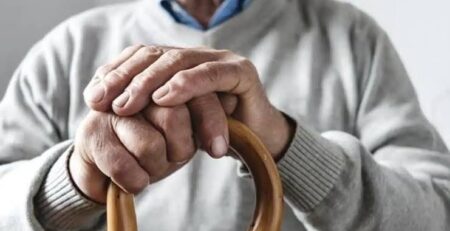Older Persons’ Rights to Social Security
By Alan Gutterman
Article 22 of the Universal Declaration of Human Rights provides that “[e]veryone, as a member of society, has the right to social security”, and Article 9 of the International Covenant on Economic, Social and Cultural Rights (“ICESCR”) calls on States to “recognize the right of everyone to social security, including social insurance”. In its General Comment No. 19 on the right to social security released in 2008, the Committee on Economic, Social and Cultural Rights (“CESCR”) explained that “the term ‘social security’ implicitly covers all the risks involved in the loss of means of subsistence for reasons beyond a person’s control” and said that “States … have a core obligation to ensure the satisfaction of, at the very least, minimum essential levels of each of the rights enunciated in the [ICESCR]” including “ensur[ing] access to a social security scheme that provides a minimum essential level of benefits to all individuals and families that will enable them to acquire at least essential health care, basic shelter and housing, water and sanitation, foodstuffs, and the most basic forms of education”.
Article 9 of the ICESCR does not explicitly mention older persons; however, the CESCR has explained that since the covenants in the ICESCR apply fully to all members of society “it is clear that older persons are entitled to enjoy the full range of rights recognized in the [ICESCR]”. However, in its 2012 report on the human rights situation of older persons, the Office of the High Commissioner for Human Rights noted that “[m]any individuals approach mandatory retirement ages without access to a pension or with pensions lower than the real cost of living, therefore experiencing their old age with acute concerns about poverty and lack of income security”, and during the 2000s, evidence indicated that 80% of the world’s population, many of them older persons, lacked access to any kind of social security. By 2021, HelpAge International reported that globally 32% per cent of people over retirement age did not receive a pension, and the problem was even worse in low-income countries where the figures generally exceeded 80%. Even in countries where social security has been embedded in law and policy for decades, challenges to systems persist. For example, analysts with the Economic Policy Institute have argued that certain changes to Medicare and Social Security in the US that are often proposed, such as converting the Medicare program to a voucher system (and shifting greater out-of-pocket medical costs to the elderly) and modifying the method used to calculate the cost-of-living adjustment for Social Security, would create significant financial hardships for a number of older persons already at financial risk and push them over the line into “economic vulnerability”.
Source @PapersSSRN
159 views










